Skepticism and Self-Awareness: A Guide to Thriving in Modern Society
Last updated: August 01, 2025 Read in fullscreen view
- 06 Dec 2025
 Enterprise Operations 2.0: Why AI Agents Are Replacing Traditional Automation 50/85
Enterprise Operations 2.0: Why AI Agents Are Replacing Traditional Automation 50/85 - 25 Nov 2025
 How AI Agents Are Redefining Enterprise Automation and Decision-Making 46/96
How AI Agents Are Redefining Enterprise Automation and Decision-Making 46/96 - 06 Nov 2025
 Top 10 AI Development Companies in the USA to Watch in 2026 42/91
Top 10 AI Development Companies in the USA to Watch in 2026 42/91 - 01 Jul 2025
 The Hidden Costs of Not Adopting AI Agents: Risk of Falling Behind 38/164
The Hidden Costs of Not Adopting AI Agents: Risk of Falling Behind 38/164 - 02 Dec 2025
 The Question That Shook Asia: What Happens When We Ask AI to Choose Between a Mother and a Wife? 38/64
The Question That Shook Asia: What Happens When We Ask AI to Choose Between a Mother and a Wife? 38/64 - 16 Oct 2025
 AI Inference Explained Simply: What Developers Really Need to Know 31/59
AI Inference Explained Simply: What Developers Really Need to Know 31/59 - 28 Nov 2025
 How AI Will Transform Vendor Onboarding and Seller Management in 2026 30/82
How AI Will Transform Vendor Onboarding and Seller Management in 2026 30/82 - 18 Oct 2024
 The Dark Side of Japan’s Work Culture 28/49
The Dark Side of Japan’s Work Culture 28/49 - 05 Feb 2024
 Ego and Attachment: Simplify Your Life Today 27/277
Ego and Attachment: Simplify Your Life Today 27/277 - 05 Jun 2025
 How AI-Driven Computer Vision Is Changing the Face of Retail Analytics 26/135
How AI-Driven Computer Vision Is Changing the Face of Retail Analytics 26/135 - 07 Nov 2025
 Online vs. Offline Machine Learning Courses in South Africa: Which One Should You Pick? 25/70
Online vs. Offline Machine Learning Courses in South Africa: Which One Should You Pick? 25/70 - 23 Dec 2024
 Garbage In, Megabytes Out (GIMO): How to Rise Above AI Slop and Create Real Signal 24/61
Garbage In, Megabytes Out (GIMO): How to Rise Above AI Slop and Create Real Signal 24/61 - 25 Dec 2025
 What Is Algorithmic Fairness? Who Determines the Value of Content: Humans or Algorithms? 23/47
What Is Algorithmic Fairness? Who Determines the Value of Content: Humans or Algorithms? 23/47 - 21 Sep 2023
 Abraham Wald and the Missing Bullet Holes 23/667
Abraham Wald and the Missing Bullet Holes 23/667 - 21 Nov 2025
 The Rise of AgentOps: How Enterprises Are Managing and Scaling AI Agents 22/69
The Rise of AgentOps: How Enterprises Are Managing and Scaling AI Agents 22/69 - 24 Dec 2024
 Artificial Intelligence and Cybersecurity: Building Trust in EFL Tutoring 20/180
Artificial Intelligence and Cybersecurity: Building Trust in EFL Tutoring 20/180 - 09 Jul 2024
 What Is Artificial Intelligence and How Is It Used Today? 18/243
What Is Artificial Intelligence and How Is It Used Today? 18/243 - 12 Jan 2026
 Companies Developing Custom AI Models for Brand Creative: Market Landscape and Use Cases 18/29
Companies Developing Custom AI Models for Brand Creative: Market Landscape and Use Cases 18/29 - 29 Oct 2024
 Top AI Tools and Frameworks You’ll Master in an Artificial Intelligence Course 17/385
Top AI Tools and Frameworks You’ll Master in an Artificial Intelligence Course 17/385 - 10 Nov 2025
 Multi-Modal AI Agents: Merging Voice, Text, and Vision for Better CX 15/98
Multi-Modal AI Agents: Merging Voice, Text, and Vision for Better CX 15/98 - 17 Oct 2025
 MLOps vs AIOps: What’s the Difference and Why It Matters 15/100
MLOps vs AIOps: What’s the Difference and Why It Matters 15/100 - 26 Sep 2024
 Successful Project Management Techniques You Need to Look Out For 14/401
Successful Project Management Techniques You Need to Look Out For 14/401 - 24 Oct 2025
 AI Agents in SaaS Platforms: Automating User Support and Onboarding 12/77
AI Agents in SaaS Platforms: Automating User Support and Onboarding 12/77 - 06 May 2025
 How Machine Learning Is Transforming Data Analytics Workflows 10/187
How Machine Learning Is Transforming Data Analytics Workflows 10/187 - 03 Feb 2024
 "Kham Nhẫn" in Business: A Guide to Patience and Resilience 9/165
"Kham Nhẫn" in Business: A Guide to Patience and Resilience 9/165 - 09 Sep 2024
 How AI Rewriting Can Improve Your Content’s SEO Performance 9/188
How AI Rewriting Can Improve Your Content’s SEO Performance 9/188 - 01 Jul 2025
 Southeast Asia Faces a Surge of “Fake AI Startups” 8/84
Southeast Asia Faces a Surge of “Fake AI Startups” 8/84 - 22 Sep 2025
 Why AI Is Critical for Accelerating Drug Discovery in Pharma 8/83
Why AI Is Critical for Accelerating Drug Discovery in Pharma 8/83 - 21 Aug 2024
 What is Singularity and Its Impact on Businesses? 8/403
What is Singularity and Its Impact on Businesses? 8/403 - 21 Apr 2025
 Agent AI in Multimodal Interaction: Transforming Human-Computer Engagement 7/188
Agent AI in Multimodal Interaction: Transforming Human-Computer Engagement 7/188 - 15 Apr 2024
 Weights & Biases: The AI Developer Platform 7/189
Weights & Biases: The AI Developer Platform 7/189 - 04 Oct 2023
 The Future of Work: Harnessing AI Solutions for Business Growth 7/275
The Future of Work: Harnessing AI Solutions for Business Growth 7/275 - 27 Aug 2025
 How AI Consulting Is Driving Smarter Diagnostics and Hospital Operations 7/101
How AI Consulting Is Driving Smarter Diagnostics and Hospital Operations 7/101 - 29 Aug 2025
 How AI Is Transforming Modern Management Science 5/46
How AI Is Transforming Modern Management Science 5/46 - 12 Sep 2024
 Be Water, My Friend: Fluidity, Flow & Going With the Flow 3/169
Be Water, My Friend: Fluidity, Flow & Going With the Flow 3/169 - 05 Aug 2024
 Affordable Tech: How Chatbots Enhance Value in Healthcare Software 2/169
Affordable Tech: How Chatbots Enhance Value in Healthcare Software 2/169
In a world where technology, social structures, and global dynamics are rapidly evolving, the ability to maintain a strong sense of self and clarity of thought is increasingly essential. The modern landscape, shaped by Artificial Intelligence (AI) and the unpredictability of a VUCA (Volatile, Uncertain, Complex, Ambiguous) world, often leads people to question how they can navigate the chaos while maintaining purpose and balance. For many, the answer lies in a return to ancient wisdom—specifically, the teachings of Buddhism, Taoism, and Shinto. These philosophies provide the tools to cultivate skepticism, self-awareness, and resilience, allowing individuals to thrive amid unpredictability.
The Role of Skepticism in the Age of AI
As AI becomes more integrated into daily life, from personal assistants to job automation, it reshapes not just economies but human interactions. AI offers incredible opportunities for efficiency and innovation, but its rapid growth also raises concerns about privacy, job displacement, and human dependence on technology. In this context, skepticism becomes crucial—not in the sense of rejecting technology outright, but in questioning the assumptions and impacts that come with its adoption.
Skepticism encourages us to critically evaluate AI's promises, ensuring we do not become overly reliant or passive in the face of technological change. By questioning what AI can and cannot do for humanity, we gain a deeper understanding of where our own capabilities lie. For example, while AI can process data and mimic human tasks, it lacks emotional intelligence, creativity, and ethical reasoning—areas where human strengths continue to shine. In a VUCA world, skepticism allows us to ask meaningful questions about the future, ensuring that we remain active participants rather than passive consumers in the AI revolution.
Self-Awareness in a Chaotic World
In a VUCA environment, where unpredictability reigns, self-awareness becomes one of the most vital tools for personal resilience. Self-awareness means understanding our emotions, motivations, and behaviors, enabling us to make decisions that align with our core values even when the world seems out of control. It involves taking a step back from the rush of modern life to observe our thoughts and feelings, cultivating a sense of presence that is often missing in today's fast-paced society.
Buddhism, Taoism, and Shinto provide frameworks for enhancing self-awareness. In Buddhism, the practice of mindfulness—focused attention on the present moment—helps individuals develop clarity about their emotions and reactions. This mindfulness allows us to respond to challenges from a place of calm rather than being driven by fear or anxiety. Taoism teaches us to live in harmony with the natural flow of life, embracing the principle of "wu wei," or effortless action. Instead of forcing solutions, Taoism advocates for adaptability, which is key in navigating a world marked by uncertainty. Shinto, with its reverence for nature and the divine spirits (kami) that inhabit it, encourages humility and a deeper connection to the world around us. By fostering this connection, we can better understand our place in the world and act with greater awareness.
EQ and the Power of Emotional Intelligence
In addition to self-awareness, emotional intelligence (EQ) plays a pivotal role in thriving in modern society. EQ is the ability to recognize, understand, and manage our own emotions while also being attuned to the emotions of others. In a world where relationships and collaboration are vital, those with high EQ are better equipped to navigate complex social dynamics and build meaningful connections.
The philosophies of Buddhism and Taoism offer insights into cultivating EQ. Buddhist teachings emphasize compassion and empathy, urging us to understand the suffering of others and respond with kindness. Taoism, with its emphasis on balance and harmony, encourages emotional regulation and flexibility. By practicing emotional mindfulness, we can avoid reacting impulsively and instead approach challenges with wisdom and grace.
Living Mindfully: Minimalism and Flexibility
In a world of constant distractions, the practice of mindfulness—being fully present in each moment—is essential. Mindfulness not only helps with emotional regulation but also aligns us with the practice of minimalism: focusing on what truly matters in life and letting go of unnecessary clutter, both physical and mental.
Minimalism aligns with the teachings of ancient philosophies that value simplicity. Buddhism encourages non-attachment to material possessions, understanding that true happiness comes from within. Taoism promotes the idea that less is more, that living in harmony with nature means reducing the unnecessary complexities of life. Shinto fosters an appreciation for the small, sacred moments in life—moments that are often overlooked in the pursuit of material success.
In practicing minimalism, we also learn to be flexible, much like the reed that bends in the storm but does not break. In nature, the reed survives because it is flexible enough to yield to the wind, unlike the rigid tree that snaps under pressure. This metaphor captures the essence of thriving in a VUCA world: resilience is not about standing firm against adversity but learning to bend and adapt without losing one’s core identity.
Returning to Ancient Wisdom: A Modern Trend
Interestingly, as Western societies grapple with existential crises—burnout, disconnection, and the search for meaning—many are turning to Eastern philosophies for guidance. Buddhism offers practices for mental clarity and compassion. Taoism provides a philosophy of effortless living, teaching us to go with the flow of life rather than resist it. Shinto emphasizes the beauty of the present moment and the importance of spiritual connection with the natural world.
These teachings offer solutions for modern challenges, whether it's coping with stress, finding purpose, or navigating the overwhelming complexities of a tech-driven world. In embracing these ancient philosophies, individuals can cultivate resilience, balance, and self-awareness.
Practical Solutions for Thriving in Modern Society
To thrive in the AI-driven, VUCA world, the integration of skepticism, self-awareness, and ancient wisdom offers a practical roadmap. Here are a few strategies to consider:
-
Practice mindfulness daily: Set aside time each day to engage in mindfulness exercises like meditation or breathwork to cultivate presence and emotional clarity.
-
Develop critical thinking skills: In the age of AI and information overload, it’s important to remain skeptical of what you read and hear. Ask questions and seek diverse perspectives before forming opinions.
-
Embrace minimalism: Simplify your life by decluttering both physical and mental spaces. Focus on quality over quantity and let go of unnecessary possessions or commitments.
-
Cultivate emotional intelligence: Invest in your EQ by practicing empathy, active listening, and emotional regulation. These skills will help you navigate relationships and adapt to change more effectively.
-
Be flexible like the reed: In times of adversity, practice adaptability. Instead of resisting change, learn to flow with it while staying true to your core values.
Conclusion
In an increasingly complex and uncertain world, thriving requires more than just technological proficiency or intellectual knowledge. It demands skepticism to question the world around us, self-awareness to understand ourselves, and wisdom drawn from ancient philosophies to guide our actions. As we continue to embrace the advancements of AI and face the challenges of the VUCA world, it is clear that the timeless teachings of Buddhism, Taoism, and Shinto offer valuable insights into living a life of balance, purpose, and resilience. By practicing mindfulness, emotional intelligence, and flexibility, we can face the storms of life like the reed, bending but never breaking.





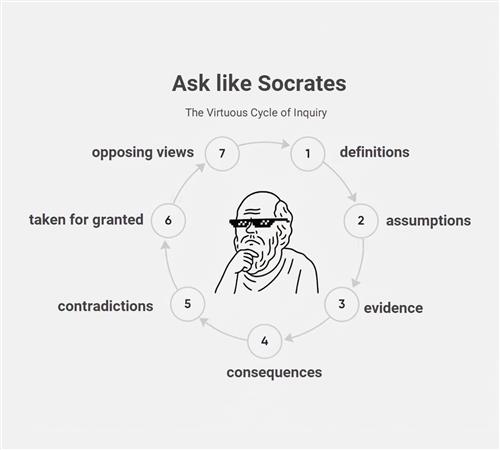

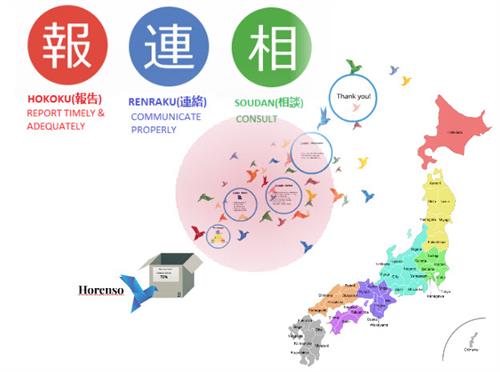

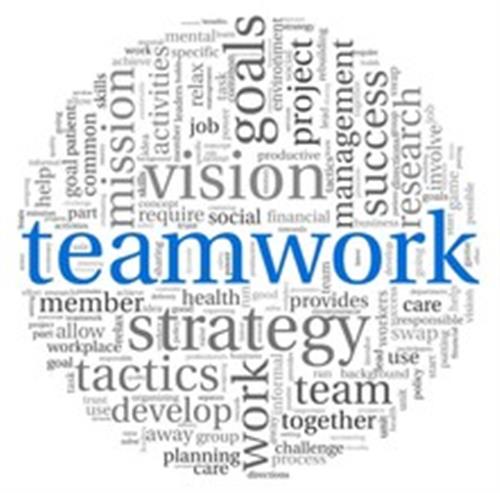


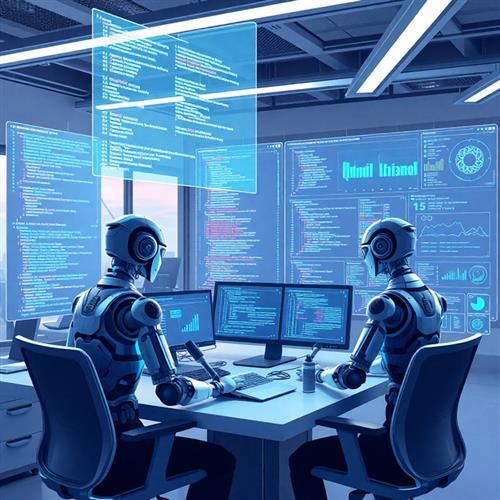

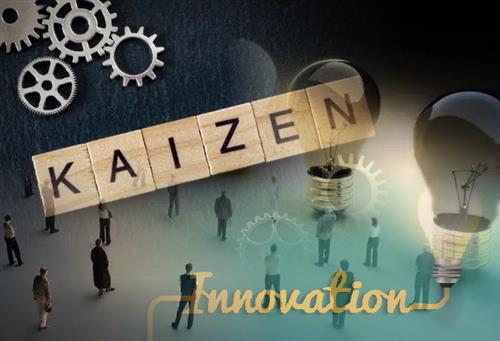

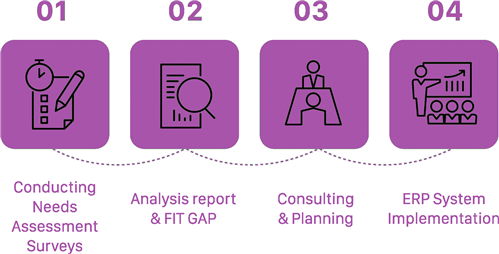


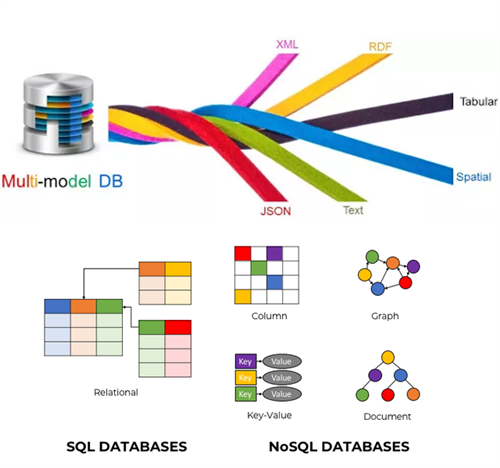

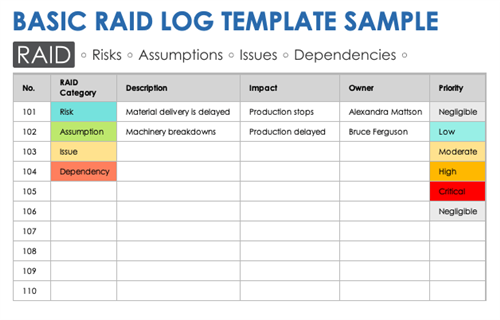











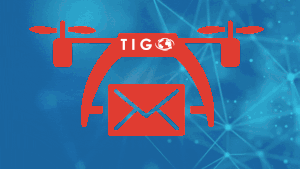
 Link copied!
Link copied!
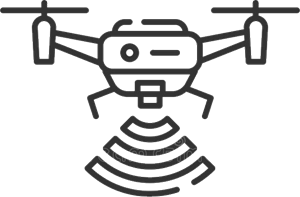 Recently Updated News
Recently Updated News